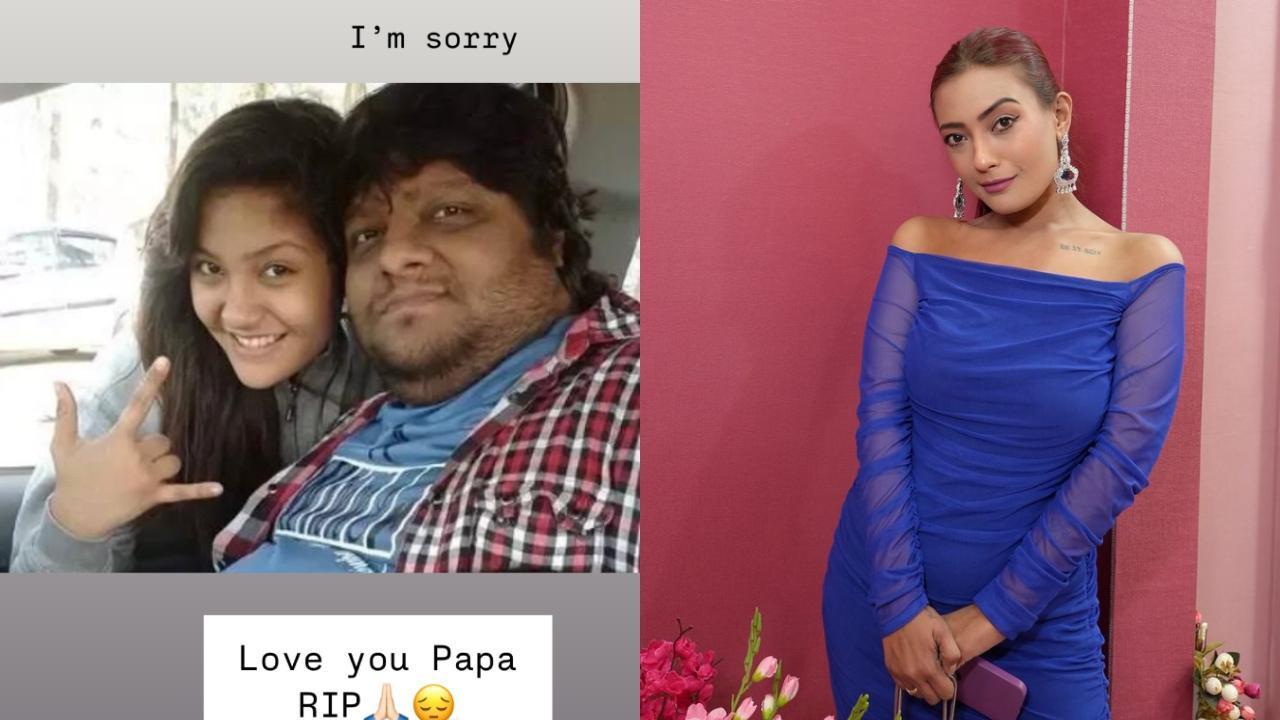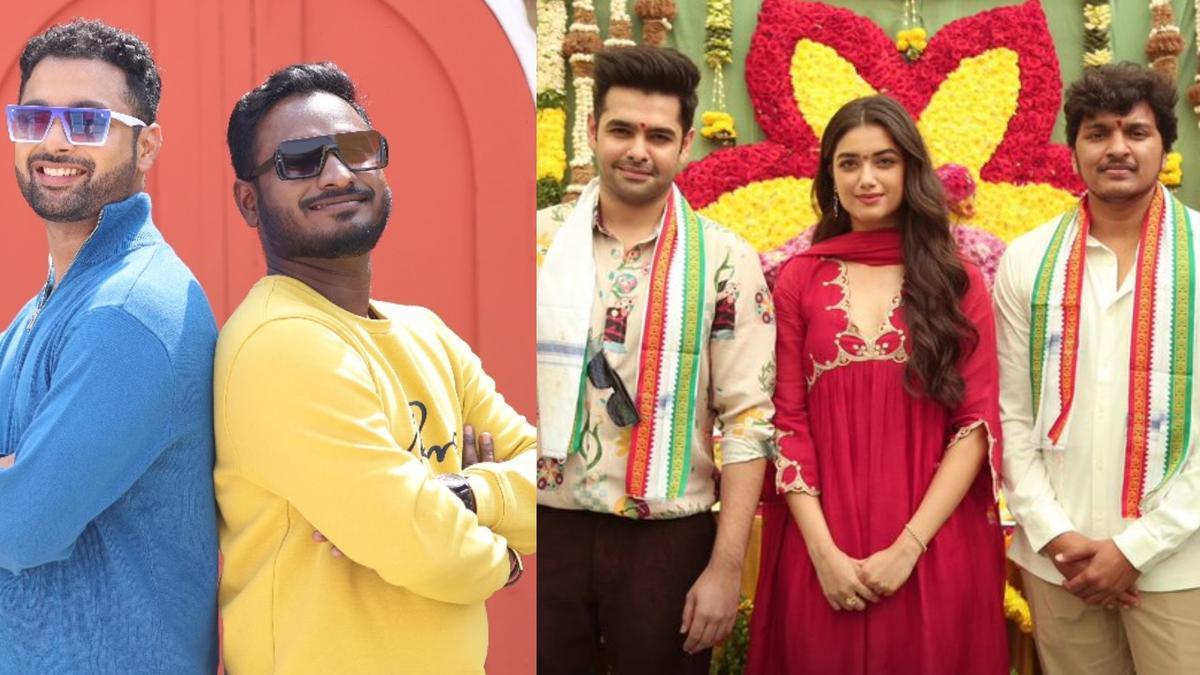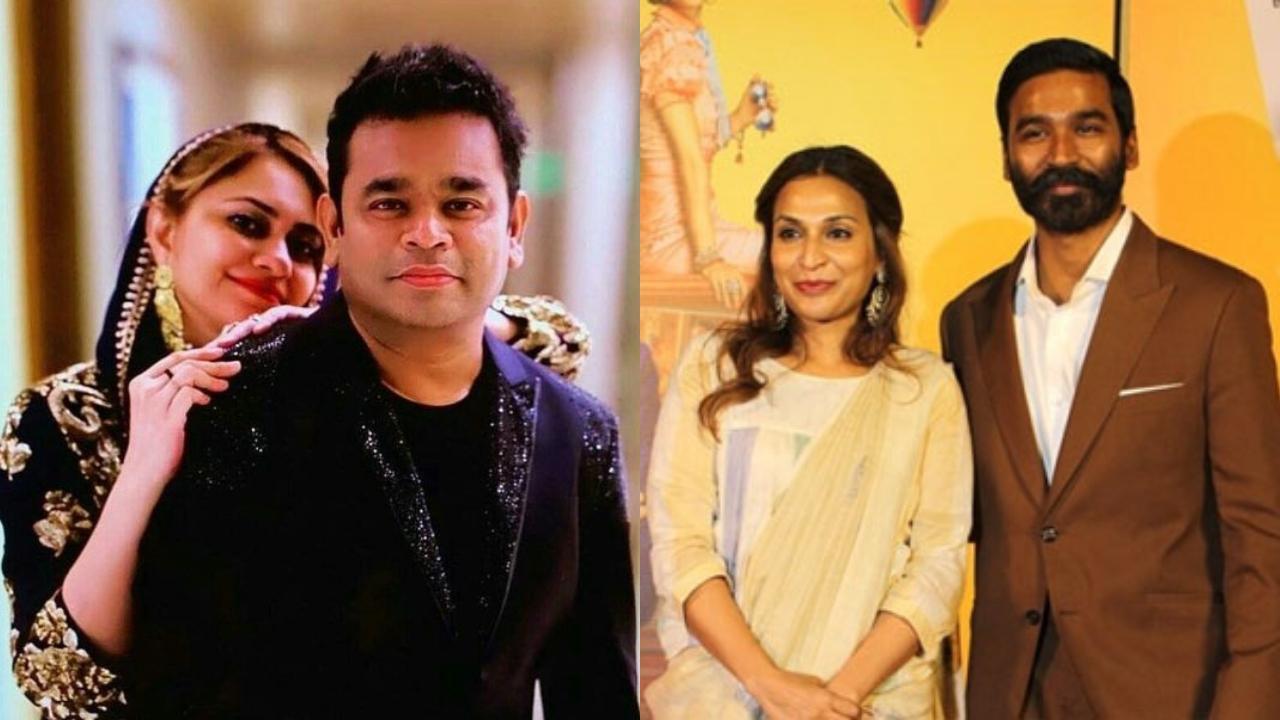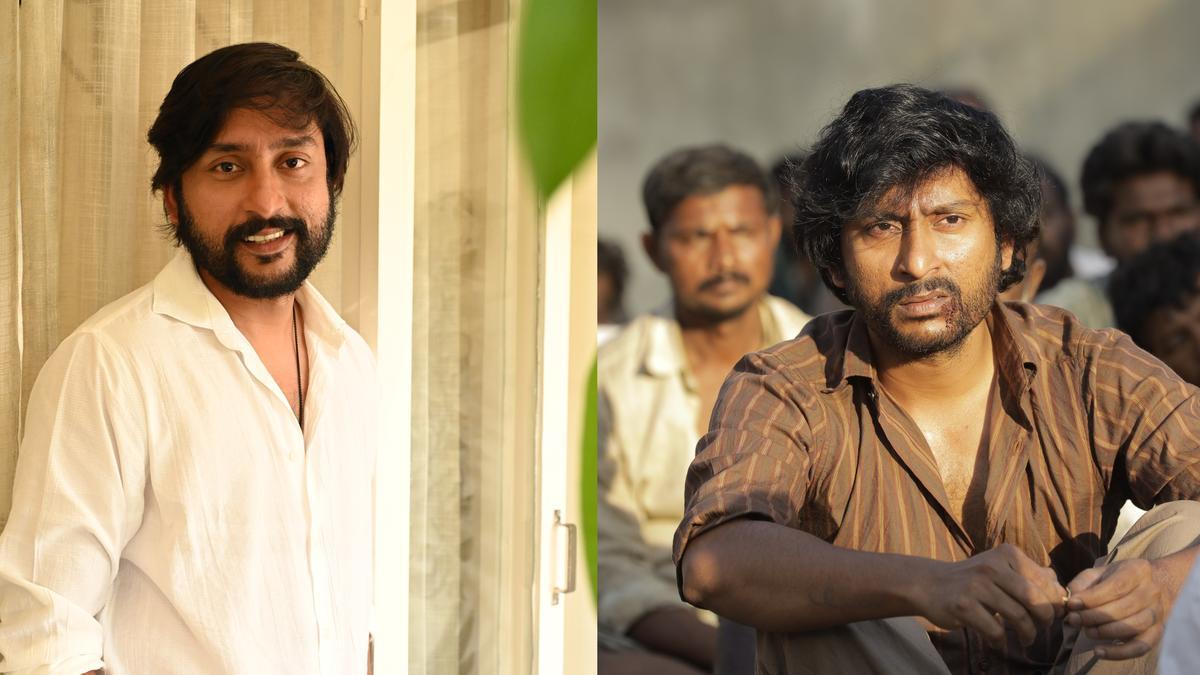
A UK-born, Australia-based expert, Leith McPherson has spent over a decade immersing actors in the rich, fictional tongues of Middle Earth. Her journey began with Peter Jackson’s The Hobbit trilogy, where she first made her mark, and has since positioned herself as the go-to authority for bringing Tolkien’s languages to life on screen.
As we settle into our conversation, it’s immediately clear that Leith is far more than merely the dialect coach on the series; she’s a custodian of Tolkien’s hefty linguistic legacy. Her decade-long tryst with Middle Earth hasn’t just been about making sure actors could pronounce “Mithrandir” without tripping over their tongues; rather, her mission seems much grander — imbuing each character with a linguistic identity that felt as authentic as the prosthetic limbs and pointy ears they don. “It always comes from the intentions that Professor Tolkien originally had,” she explains with reverence. “He wanted to explore a world through language. That’s the part of the show that I get to focus on. And I absolutely love it.”
It’s apparent McPherson’s role is far-reaching when it comes to preserving the linguistic intricacies and the cultural nuances of the imaginary civilizations of Middle Earth. From elves to orcs, she ensures that the languages feel ancient, lived-in, and genuine to Tolkien’s original vision.
One of the exciting challenges she faces in The Rings of Power’s sophomore season is venturing into “untread corners of Middle-earth,” requiring her to balance fidelity to Tolkien’s established phonetic structures with the necessity for creative innovation. “This season, we journey to the land of Rhûn,” she shares. Rhûn remains largely a mystery in Tolkien’s published works, described only in broad strokes, leaving plenty of room for creativity. Yet, for the series, Tolkien scholars working with the show have discovered unpublished notes, which McPherson and her team have turned into the foundation of a new language. “Never heard before, never worked with before,” Leith says, her voice practically glowing with enthusiasm. “That was just a gift this season.”
However, not every language of Middle Earth comes with such a robust backdrop. Take Black Speech, the guttural tongue of Sauron and his minions, for example. With limited phrases and words available beyond the infamous ‘Ring verse’, Leith confronted the complexities head-on. “This was something I established early on that I did not have the credentials to do,” she admits with a chuckle. “Fortunately, we have access to a team of Tolkien scholars who provide all the language work for the show.” Leith’s role, streamlined through her knack for authenticity, is to aid actors not just in articulating these harsh words correctly but in embodying them. “My job is to make it feel like it’s a truthful part of them expressing themselves as these characters in this fantastical world.”
She recalls a memorable moment with Charles Edwards, who portrays Celebrimbor, the notorious elven smith responsible for forging the titular Rings of Power. “Charlie had to do a bit in Black Speech — a fairly long bit,” Leith recollects. “We shot for a whole morning, and every single take, I was like, ‘Charlie, give me something to do!’ But he just nailed it, take after take.
.” It’s this kind of dedication that Leith seems to live for, moments where the passion of Tolkien’s work comes to life through the voices of the actors.
Leith’s approach to coaching is profoundly personal, adapting her methods to both the language in question and the needs of the individual actor. “The process is individual,” she explains. “Not only to the cultural groups — like the elves or the orcs — but to the actor as well.” For instance, the fluid elegance required for an elf like Gil-galad, the High King of the Elves, demands a different technique compared to the raw intensity needed for a character like Adar, an Uruk with a tragic backstory. “Speaking Black Speech is a physically different thing to do,” she notes. “Even when I’m recording the lines for the actors, I can’t just read it flat. You really have to get into it.”
The physicality of language plays a cornerstone role in Leith’s work. Whether it’s the elegant, flowing phrases of Quenya or the brutality of sounds in Black Speech, language is more than just a series of words — it’s a full-body experience. “Language is a physical act,” she asserts. “When someone tells us that they love us, that has a physical effect on us.”
This meticulous attention to the physicality of language undoubtedly augments the immersive experience she crafts, especially in a world as meticulously detailed as Tolkien’s. “For elves, which are timeless creatures, you try to connect to that,” she explains. “You work in a world for these actors where it’s a little bit like Macbeth or an old tale where language has an actual effect — magic has an actual effect on the world around you.”
Leith’s oeuvre isn’t confined to Tolkien’s universe. She also lends her expertise to productions like the stage rendition of Harry Potter and the Cursed Child. “It always starts with truth and connection. Whether I’m dealing with contemporary speech or a language Tolkien invented, it’s about grounding the actor in their character’s reality. If I’m not tapping into that authenticity, then I’m just layering something artificial onto their performance,” she notes.
Before wrapping up our chat, I couldn’t resist mentioning Leith’s enthusiastic attendance at Taylor Swift’s The Eras Tour at Wembley. With Swift’s wide-ranging vocal abilities, I wondered whether she might excel at Quenya. Leith chuckles, “Oh, I think Taylor could handle anything! Look at Reputation — she’d be fine with the Black Speech as well! Is there anything Taylor cannot do? I think that’s where I would leave that.”
The Rings of Power Season 2 premieres on Amazon Prime Video on August 29. As fans eagerly await, Leith McPherson’s linguistic magic promises to make every word resonate authentically in the world of Middle Earth.










